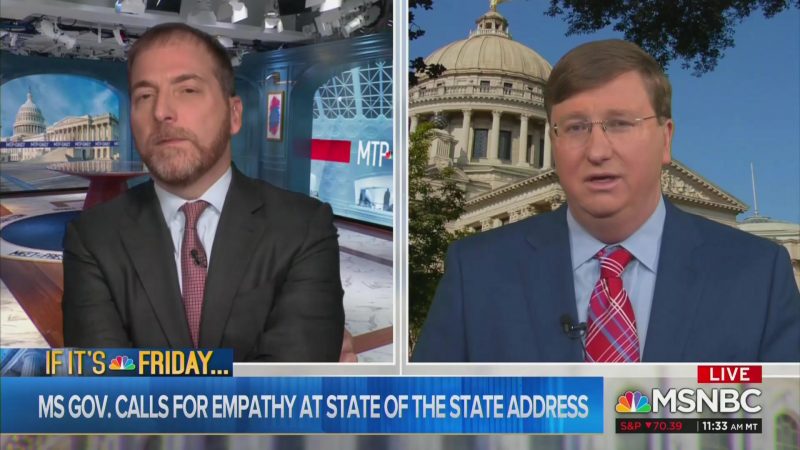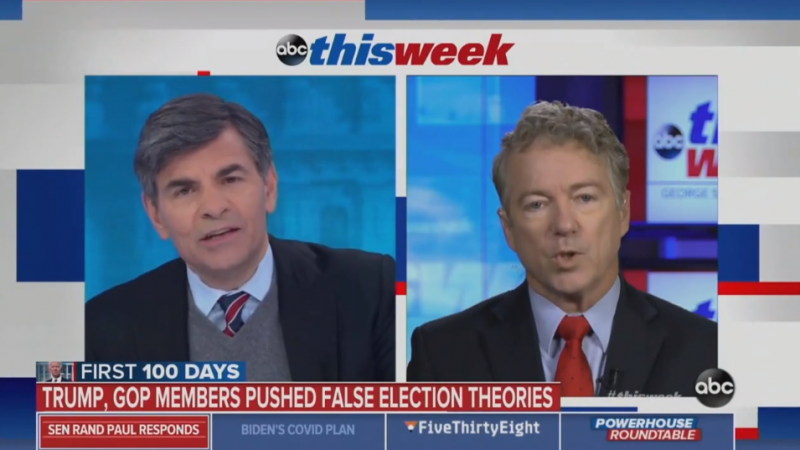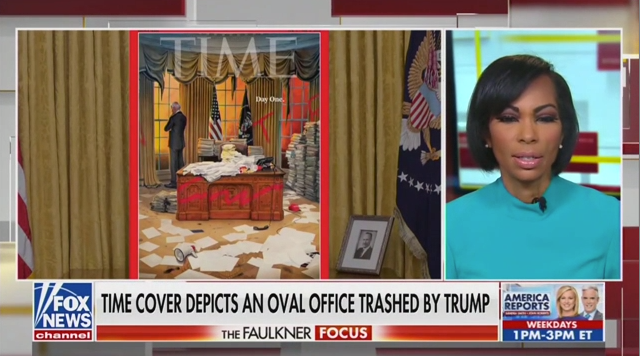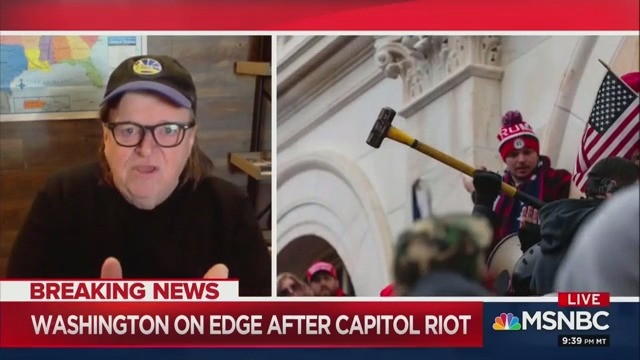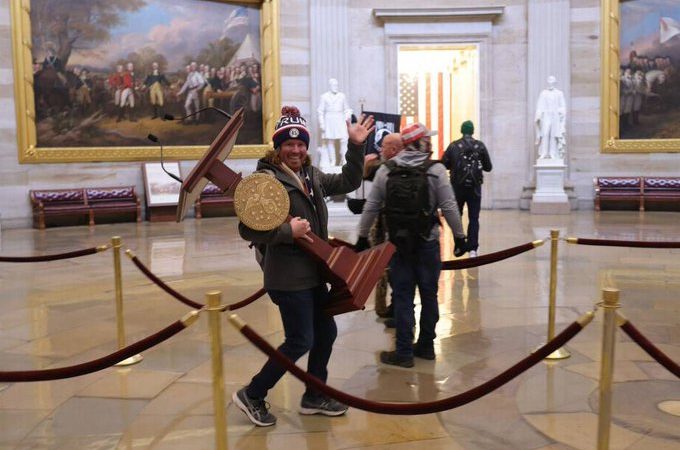Sunday Shows Spend More Time On Gennifer Flowers Than Trump Campaign’s Russian Scandal

Heading into the final weekend before the presidential campaign’s first debate, Michael Isikoff of Yahoo News put out a blockbuster story on a Trump campaign adviser’s ties to the Kremlin. Carter Page, who was named as one of Donald Trump’s foreign policy advisers earlier this year, is being looked at by US intelligence officers for his communications with Russian officials.
In fact, per Isikoff’s story, House and Senate members have been briefed on Page’s activities and were obviously taken aback over what was discussed.
The activities of Trump adviser Carter Page, who has extensive business interests in Russia, have been discussed with senior members of Congress during recent briefings about suspected efforts by Moscow to influence the presidential election, the sources said. After one of those briefings, Senate minority leader Harry Reid wrote FBI Director James Comey, citing reports of meetings between a Trump adviser (a reference to Page) and “high ranking sanctioned individuals” in Moscow over the summer as evidence of “significant and disturbing ties” between the Trump campaign and the Kremlin that needed to be investigated by the bureau.
Some of those briefed were “taken aback” when they learned about Page’s contacts in Moscow, viewing them as a possible back channel to the Russians that could undercut U.S. foreign policy, said a congressional source familiar with the briefings but who asked for anonymity due to the sensitivity of the subject. The source added that U.S. officials in the briefings indicated that intelligence reports about the adviser’s talks with senior Russian officials close to President Vladimir Putin were being “actively monitored and investigated.”
A senior U.S. law enforcement official did not dispute that characterization when asked for comment by Yahoo News. “It’s on our radar screen,” said the official about Page’s contacts with Russian officials. “It’s being looked at.”
So, y’know, this was kind of a big deal politically. A major party presidential candidate has seemingly involved himself with someone who is making promises to the Russian government on behalf of his campaign. The candidate entrusted this person enough to name him to his foreign policy team. You would think this would be a major topic of discussion on the Sunday news shows, right? WRONG.
Trump campaign representatives were on all 5 major Sunday shows.
Only @jaketapper asked about this https://t.co/T4d7gepm8E
— Judd Legum (@JuddLegum) September 25, 2016
Despite the fact that each of the five major morning programs had members of the Trump campaign on, only one host even asked a question about the brewing scandal. (Good job, Jake Tapper!) As ThinkProgress’s Judd Legum noted, this was particularly embarrassing for Meet the Press’s Chuck Todd since he interviewed Gen. Michael Flynn, a senior adviser to Trump who has his own questionable ties to Vladimir Putin.
The failure to ask Flynn, who appeared on NBC’s Meet The Press, about the report was particularly notable. Flynn’s relationship with Russia is a controversy unto itself. He traveled to Russia last year and gave a speech celebrating state-owned Russian media company RT. Flynn will not reveal who paid for his trip.
But, what we did get a lot of coverage on was Trump inviting Gennifer Flowers to the debate as a way to counter Hillary Clinton giving Mark Cuban a front row seat. Running mate Mike Pence and campaign manager Kellyanne Conway spent a decent amount of time answering questions on this issue, an issue brought up via a Trump tweet, while spending precious little effort defending Trump’s ties to Russian oligarchs and government officials. (Let’s not forget former campaign manager Paul Manafort’s lengthy relationship with Putin loyalists.)
For millions of people, the Sunday morning shows are their conduit to the past week’s major political stories. It is on the hosts to challenge surrogates and candidates to answer questions directly related to their campaigns. It is also their duty to bring up legitimate news to their audience, inform them of issues and topics they may not be fully aware of yet.
Unsurprisingly, on Sunday, most of them failed.

